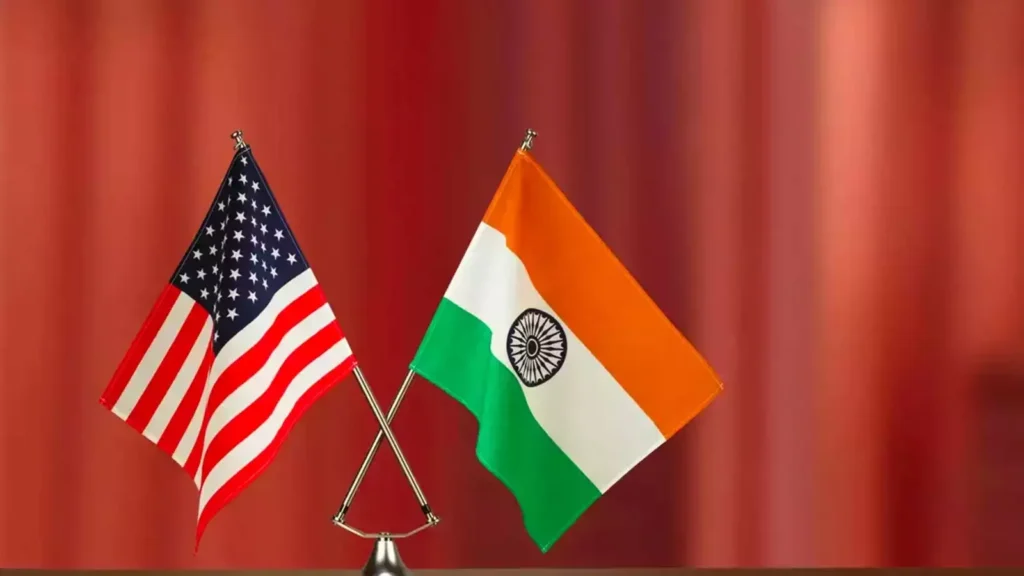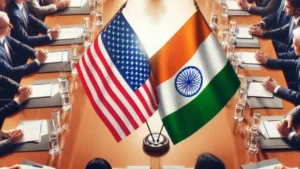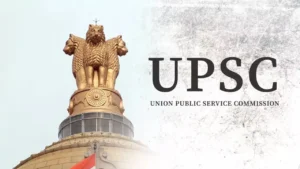U.S. Commission Recommends Sanctions Against India’s RAW

The U.S. Commission on International Religious Freedom (USCIRF) has made headlines by recommending sanctions against India’s Research and Analysis Wing (RAW), a move that has sparked controversy and raised questions regarding the relationship between the United States and one of its key strategic partners in Asia. This recommendation, outlined in the USCIRF’s annual report, is centered on allegations of human rights violations linked to the activities of India’s external intelligence agency. The development has sent shockwaves through international diplomatic circles, especially at a time when India and the United States have been strengthening their strategic partnership in areas such as defense, trade, and counterterrorism.
The USCIRF’s Stance
The U.S. Commission on International Religious Freedom, an independent federal agency tasked with monitoring religious freedom worldwide, has historically been outspoken on issues related to religious liberties. The commission’s latest recommendation to impose sanctions against RAW comes after a detailed assessment of the agency’s involvement in various international and domestic operations that allegedly violate human rights. These include accusations related to the agency’s alleged role in targeting religious minorities, particularly in Kashmir, and its support for security operations that have been accused of violations of international law.
The USCIRF has claimed that RAW’s operations have contributed to or directly supported the suppression of religious minorities in India, particularly the Muslim population in Jammu and Kashmir. This recommendation, however, must be seen within the broader context of rising concerns over India’s treatment of religious minorities, including growing tensions between the Hindu-majority population and Muslim, Christian, Sikh, and other minority groups.
According to the USCIRF report, RAW’s intelligence-gathering efforts, which often operate in politically sensitive environments, have allegedly been used to suppress dissent and silence opposition voices. The commission argues that these actions are part of a broader trend of increasing religious intolerance and repression in India, particularly under the leadership of Prime Minister Narendra Modi’s government.
India’s Response
The Indian government has categorically rejected the USCIRF’s recommendation, dismissing it as politically motivated and misleading. Indian officials have stressed that RAW operates within the framework of Indian law and its actions are aligned with the country’s national security priorities, which include maintaining sovereignty, combating terrorism, and safeguarding national interests. The Ministry of External Affairs (MEA) stated that the commission’s recommendations are “unsubstantiated” and reflect a lack of understanding of India’s complex geopolitical and security challenges.
India has long faced significant security challenges, particularly in regions like Jammu and Kashmir, where separatist movements and terrorist activities have been persistent. RAW’s role in counterterrorism operations and intelligence gathering is seen by many in India as critical to maintaining security in these volatile regions. Indian authorities have also pointed out that while the country is committed to human rights and religious freedom, it must also contend with the threat of cross-border terrorism, which often complicates matters of security and civil liberties.
Geopolitical Implications
The USCIRF’s recommendation to impose sanctions on RAW is not just a matter of bilateral tensions between India and the United States but also has broader geopolitical implications. India, as a rising global power, has increasingly become an important partner for the United States, particularly in its strategy to counter China’s growing influence in the Indo-Pacific region. In recent years, the two nations have ramped up defense cooperation, signed trade agreements, and collaborated on various security matters.
The timing of the USCIRF’s recommendation is also notable, as it coincides with heightened U.S.-India relations. For instance, the United States and India have held multiple rounds of dialogue on defense and security issues, including joint military exercises and intelligence sharing, especially related to counterterrorism efforts. The sanctions recommendation could threaten to derail these positive developments, placing the U.S. in an uncomfortable position between its values of human rights and its strategic interests in strengthening ties with India.
While the U.S. State Department is under no obligation to follow the USCIRF’s recommendations, the impact of such calls can affect diplomatic relations. If the U.S. government were to act on these recommendations, it could undermine the trust that has been carefully built over the years and lead to a potential diplomatic crisis between the two nations.
Reactions from Religious and Human Rights Groups
Religious and human rights organizations, including international bodies, have largely supported the USCIRF’s position. These groups have praised the Commission for standing up for the rights of religious minorities in India and have urged the U.S. government to take a firm stance on these issues. They argue that the human rights violations allegedly linked to RAW’s operations in Kashmir and other regions reflect a broader pattern of state-sanctioned repression that needs to be addressed at the international level.
However, critics of the sanctions recommendation warn that such measures could have unintended consequences, including damaging the very human rights objectives they aim to protect. These critics argue that sanctions may drive India to further harden its stance on religious freedoms and minority rights, potentially worsening the situation in sensitive regions like Kashmir.



